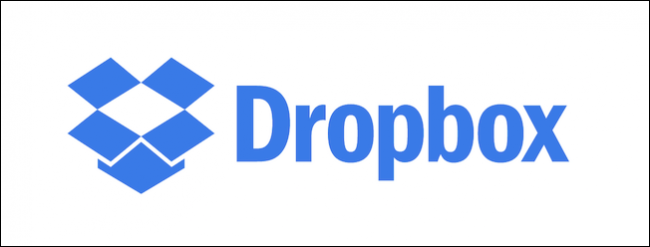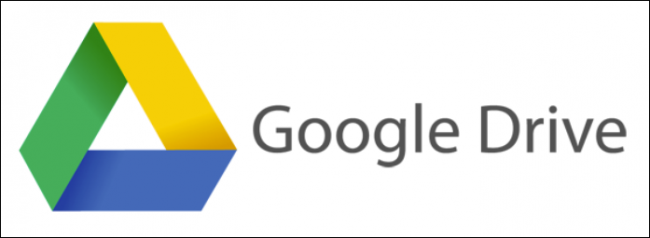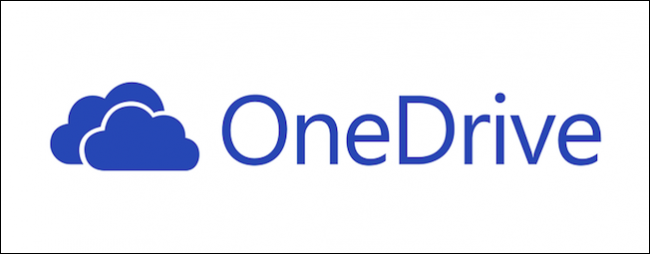The Cloud is ubiquitous, and with it, a myriad of service and products, many of which the average user doesn't even comprehend. Cloud storage, however, is definitely something that nearly everyone uses, so which one do we think is best for you?
For all intents and purposes, there are really just four cloud storage services we seriously consider: Dropbox, OneDrive, Google Drive, and Apple iCloud.
We can talk at length about the other cloud storage services out there, of which there are many, but at the end of the day, these four are the ones we're most likely to deal with. Each one has its merits and drawbacks, so many people might not realize which one will do the best job for their particular setup.
Whether you use PCs, Macs, Android, iPads and iPhones, or even Linux, there's got to be a cloud service that will best fit your devices and cloud storage needs.
Dropbox
Dropbox is the most well-known of the cloud services, and it's been around the longest, but Dropbox hasn't aged well and other cloud storage options have become more attractive.
Perhaps Dropbox's largest draw is that it is probably the best option for hybrid households. Dropbox's application is mature and works well across all platforms including Android, Windows, Apple products, and even Linux.
Dropbox is still the stingiest with free accounts. It's kind of ridiculous the company still only doles out 2 GB for basic accounts, so if you want a bit more cloud storage, then even iCloud (5 GB) is more generous. Upgrading to Dropbox Pro costs $99 and nets you 1 TB of space, which don't get us wrong is quite a bit, but as we've discussed previously, will take seemingly forever to actually fill it up.
Google Drive
Google Drive is the natural choice for Android-heavy households. If you use Android-powered phones and tablets then Google Drive is already available to you due to your Google account.
Unlike Dropbox, with Google Drive you start off with 15 GB of space so that might be good enough for the vast majority of users, or you can upgrade to 100 GB for $1.99/month or 1 TB for $9.99/month.
Google Drive works across all devices, including Windows, Mac, and iOS, but for the most part, if Android doesn't come into play, such as if you only use an iPhone and a PC or Mac, then Google Drive is kind of unnecessary.
For PCs and Macs, things are a bit more clear-cut.
OneDrive
If you use a Windows PC, then it's OneDrive all the way. OneDrive is the natural choice since it's already installed on Windows 8 and Windows 10 machines.
Seriously, this is a no-brainer because you can get 1 TB of storage and Office 365 for $6.99/month. This is even a good deal if you own Apple products, and even with a free plan, Microsoft lavishes users with 15 GB.
That said, while OneDrive is a great deal, it's desktop application is still kind of clunky, and if you use OneDrive on anything other than Windows, it's still another application you have to download and install. Then again, so is Dropbox, Google Drive, or Apple iCloud, which don't forget, is available for Windows machines.
Apple iCloud
If you are an Apple-only household, then there's no reason to consider anything else, (unless you use Office 365). iCloud is specifically designed to work with Macs, iPhones, and iPads to share photos, videos, documents, and its Family Sharing plan lets you share with anyone else in your family with an Apple device of their own.
Additionally, iCloud will seamlessly sync Mail, Calendar, Reminders, Safari data, backups, and much more. You won't be able to do this across all your Apple devices with any of the other cloud services. Pricing is comparable to Dropbox and Google Drive with 1 TB costing $9.99/month.
That said, if you use Android, iCloud isn't an option, and while you can use it on Windows machine, it's real power is only accessible behind Apple's walled garden.
So, to sum up, if you primarily use Android, go with Google Drive. If you're a Windows household, OneDrive is for you. Apple households should defer to iCloud, and if you use a combination of all these devices, then Dropbox is still a sound, logical choice.
We hope that you found this article helpful. If you have anything you would like to add to the discussion, such as a comment or question, we urge you to leave your feedback in our discussion forum.





